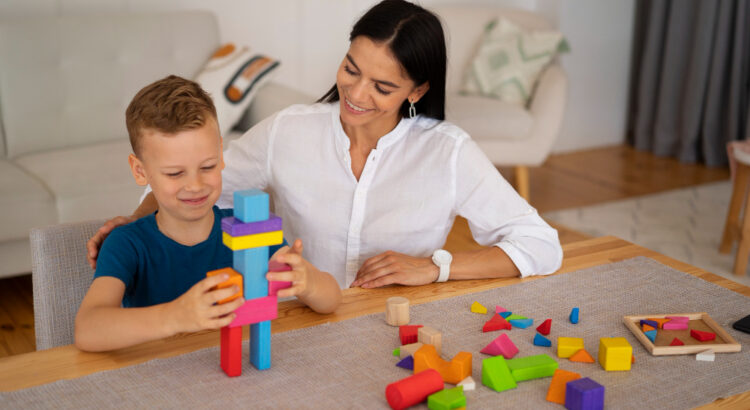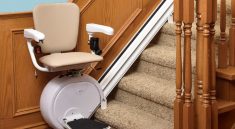The journey of potty training can be particularly challenging for children with autism, necessitating a tailored approach that caters to their unique needs and learning styles. Rise Up For Autism introduces an innovative method to this essential developmental milestone through ABA therapy potty training, conducted in the comfort of one’s home. This article explores the effective strategies employed in ABA therapy for potty training, underscoring the advantages of a familiar learning environment and the provision of personalized support.
Tailoring Potty Training to Individual Needs
Customized Strategies
- ABA therapy for potty training begins with a thorough assessment of the child’s current skills, challenges, and preferences, forming the basis for customized training strategies.
Positive Reinforcement
- Integral to ABA, positive reinforcement is used to encourage desired behaviors by rewarding successes, however small, making the learning process enjoyable and effective.
Advantages of In-Home Potty Training
- Familiar Environment: Learning in a well-known environment reduces anxiety and stress for the child, facilitating easier adoption of new habits.
- Consistent Scheduling: Training at home allows for the establishment of a consistent routine, a critical factor in successful potty training for children with autism.
- Family Involvement: Involving family members in the process ensures that strategies are consistently applied, reinforcing learning and enabling quicker progress.
Effective Techniques in ABA Therapy Potty Training
Visual Schedules
- Utilizing visual schedules can help the child understand and anticipate the potty training routine, enhancing their comfort and cooperation.
Prompting and Modeling
- Through gentle prompting and modeling, children are guided through the steps of using the toilet, gradually increasing their independence.
Gradual Introduction
- Introducing the concept slowly and in stages can prevent overwhelm, making each step in the process clear and achievable for the child.
Choosing the Right ABA Therapy Potty Training Program
When exploring ABA therapy potty training services, consider the following:
- Experienced Professionals: Ensure the program is led by certified ABA therapists with experience in potty training children with autism.
- Family Training: Programs that offer training for family members can significantly enhance the effectiveness of the strategies used.
- Ongoing Support: Look for services that provide ongoing support and adjustments to the training plan as needed, ensuring the best outcomes for the child.
Conclusion
Home potty training through ABA therapy offers a promising approach for families of children with autism, combining the principles of behavior analysis with the comfort and consistency of the home environment. This personalized, supportive method not only addresses the unique challenges faced by these children but also promotes a sense of achievement and independence, contributing positively to their developmental journey. For families seeking to embark on this path, Rise Up For Autism presents a valuable resource, offering expert guidance and support every step of the way.





